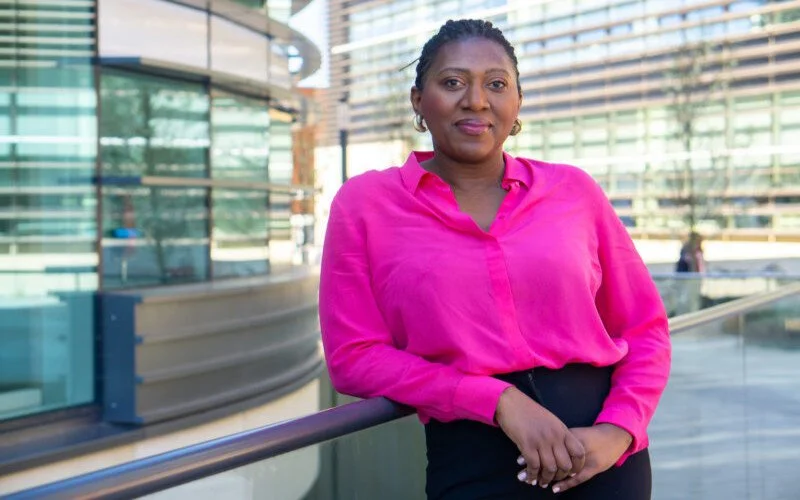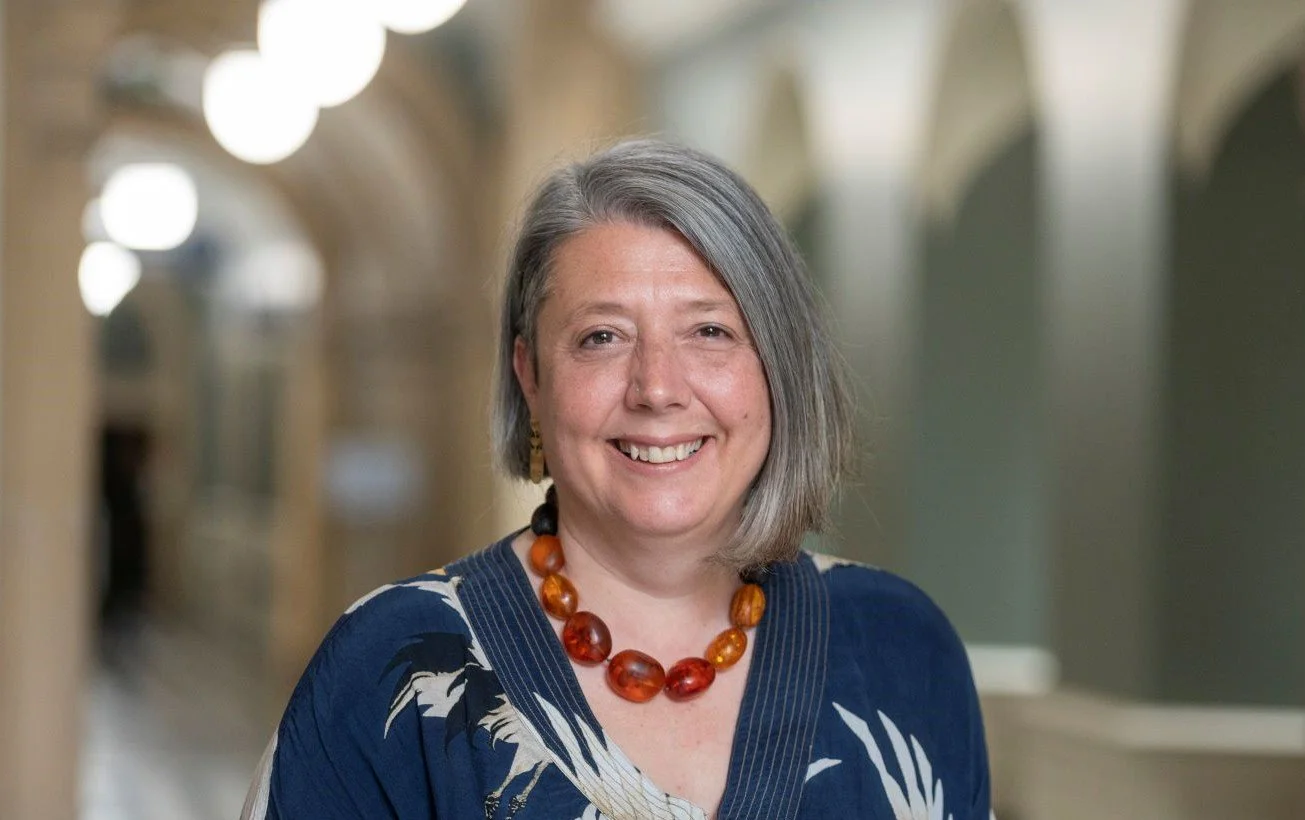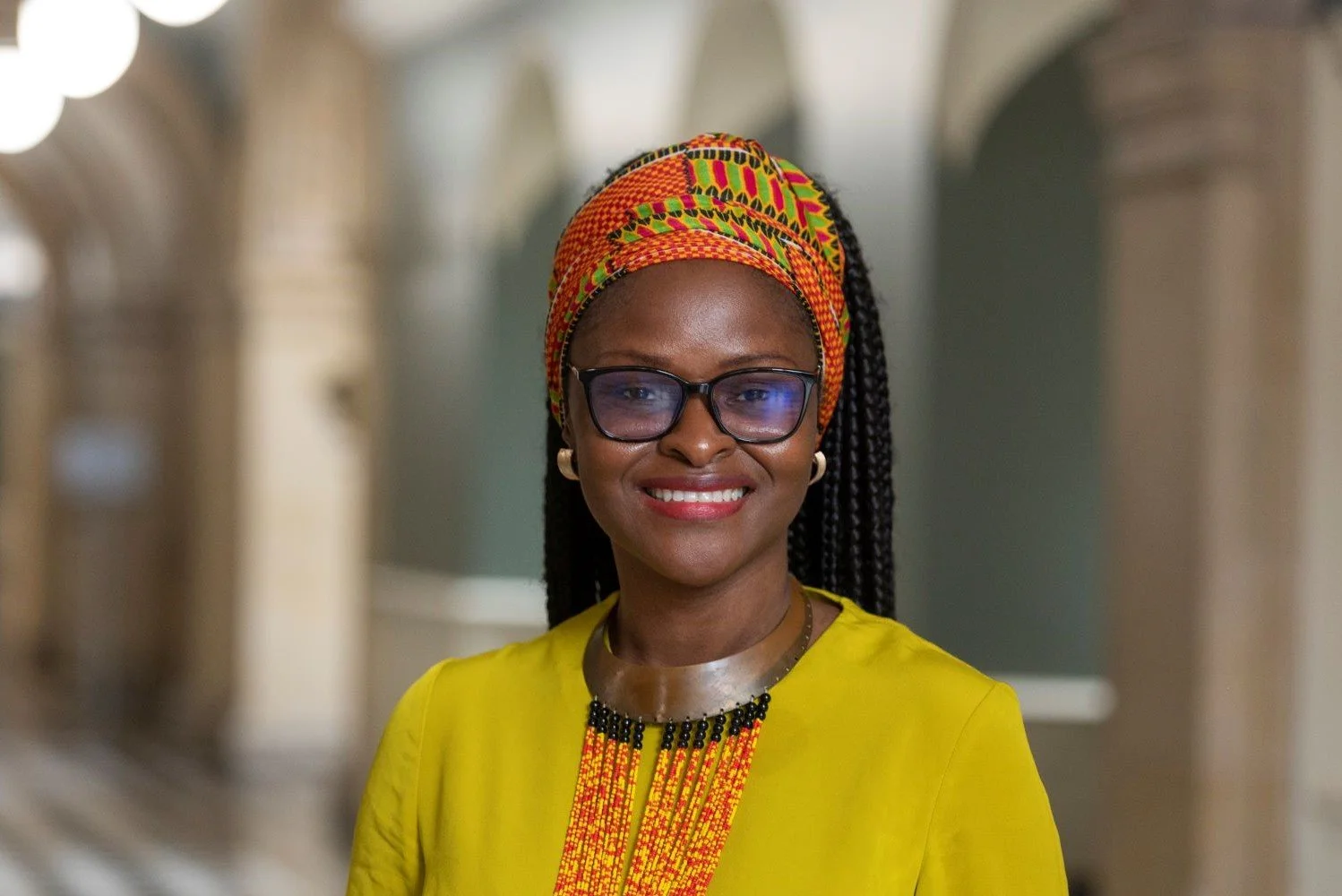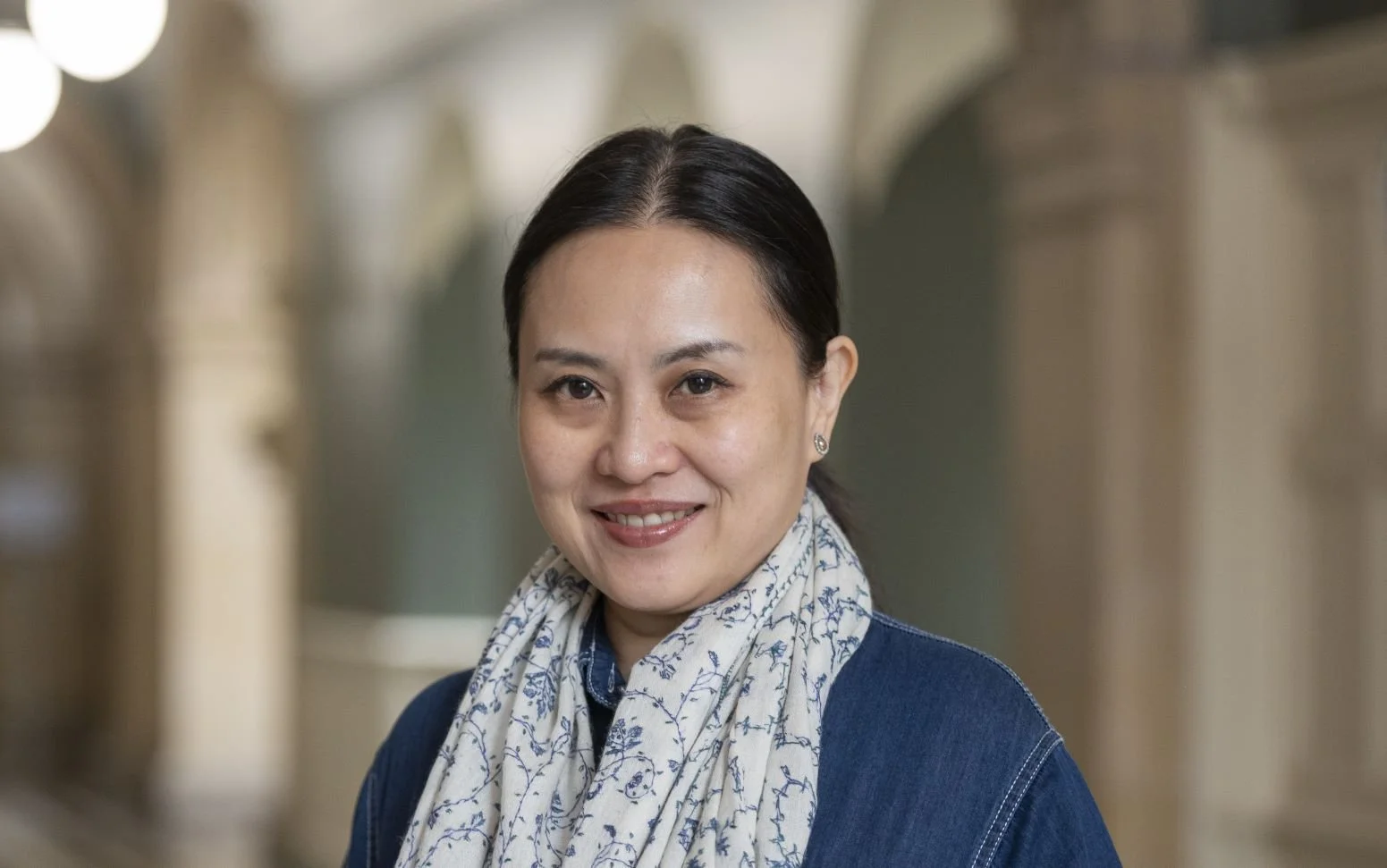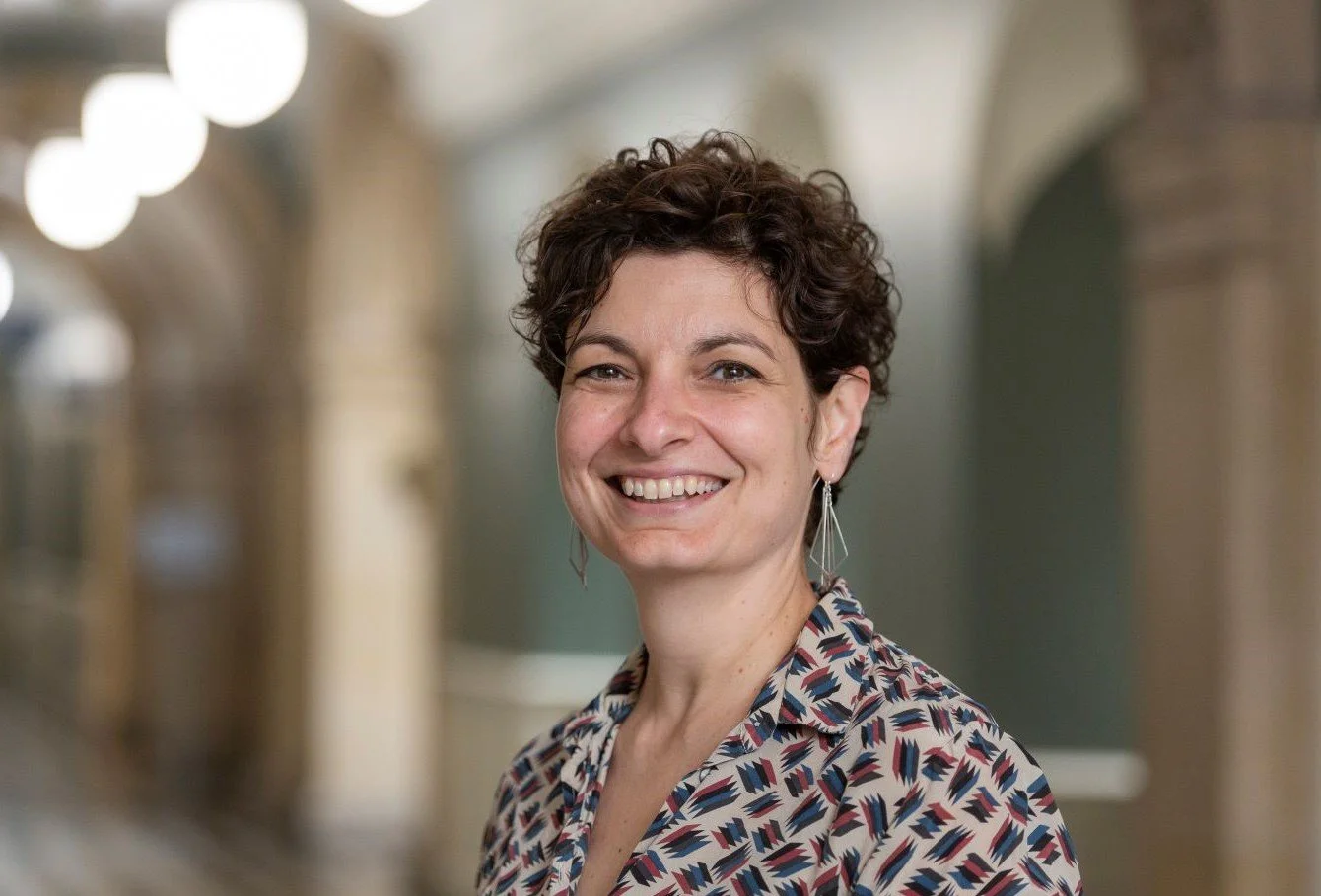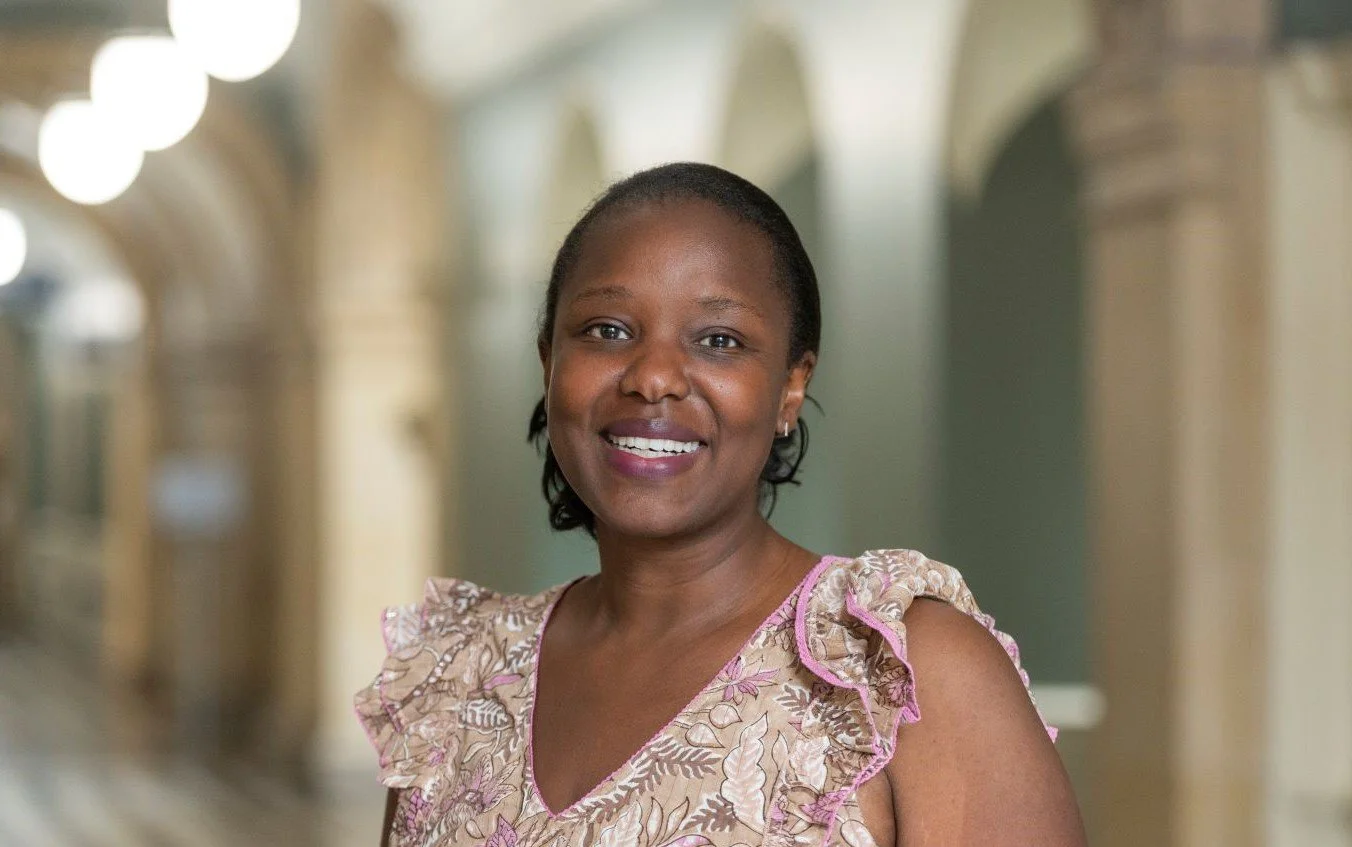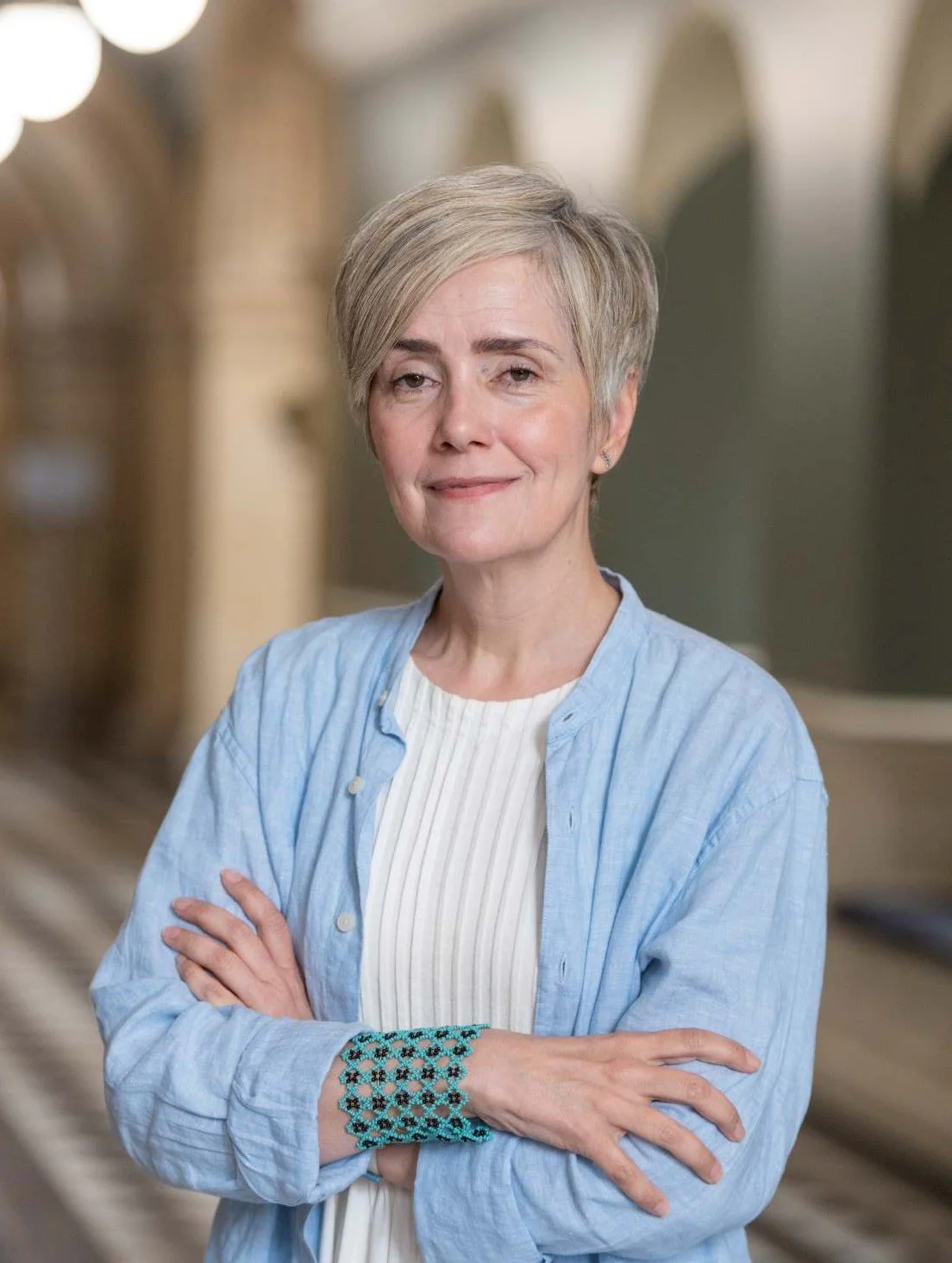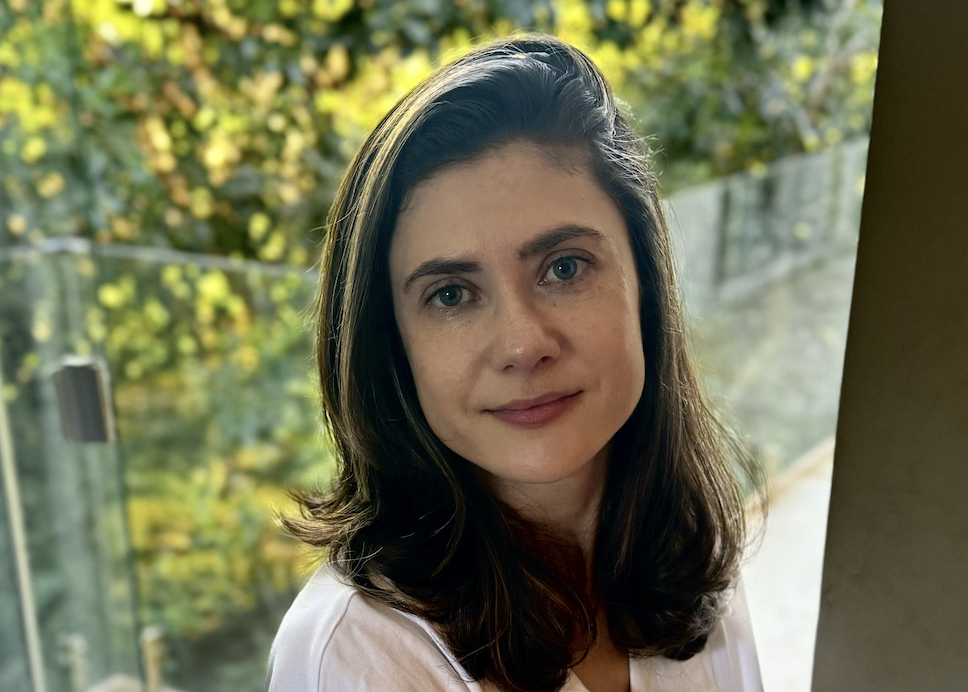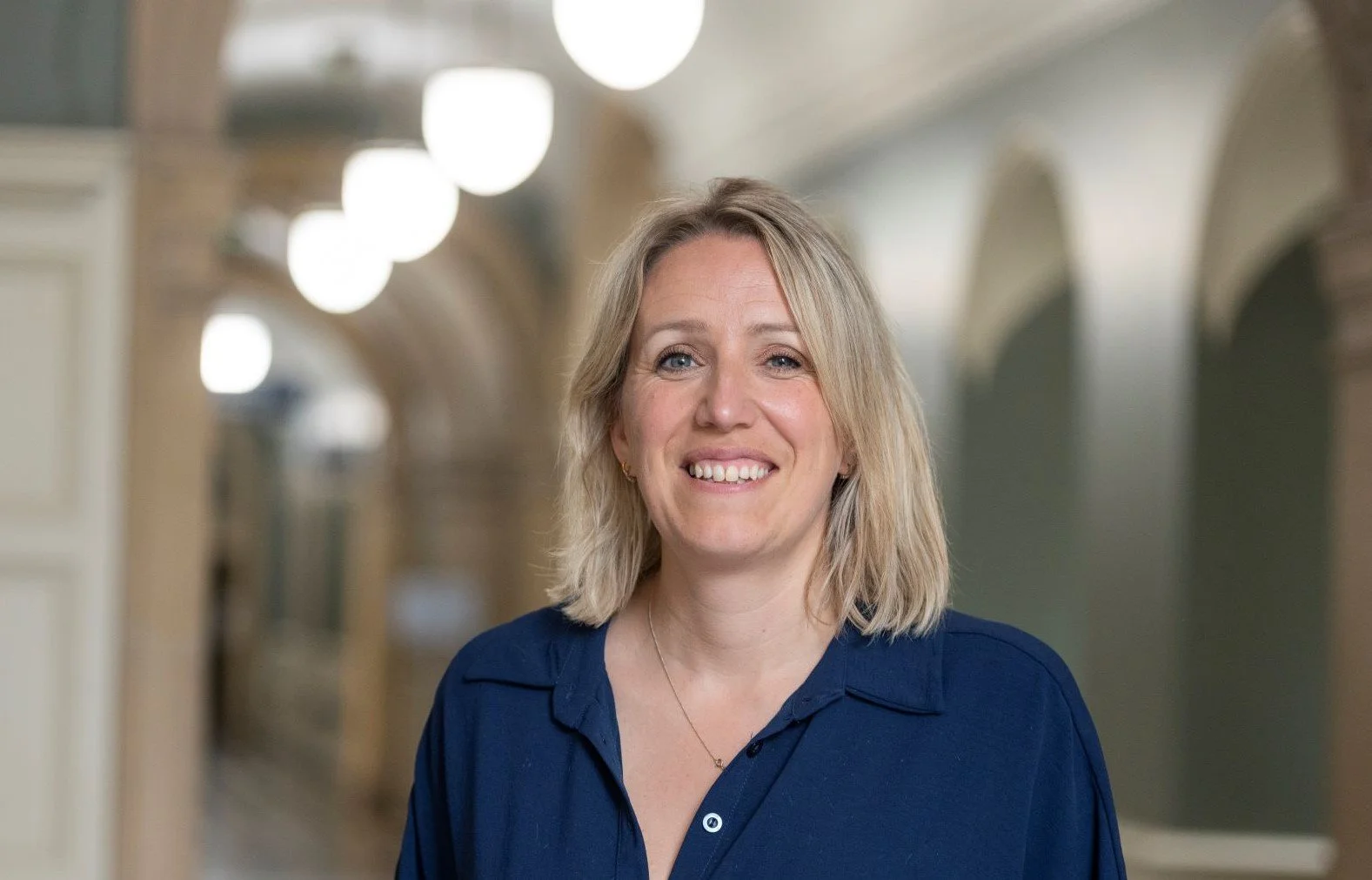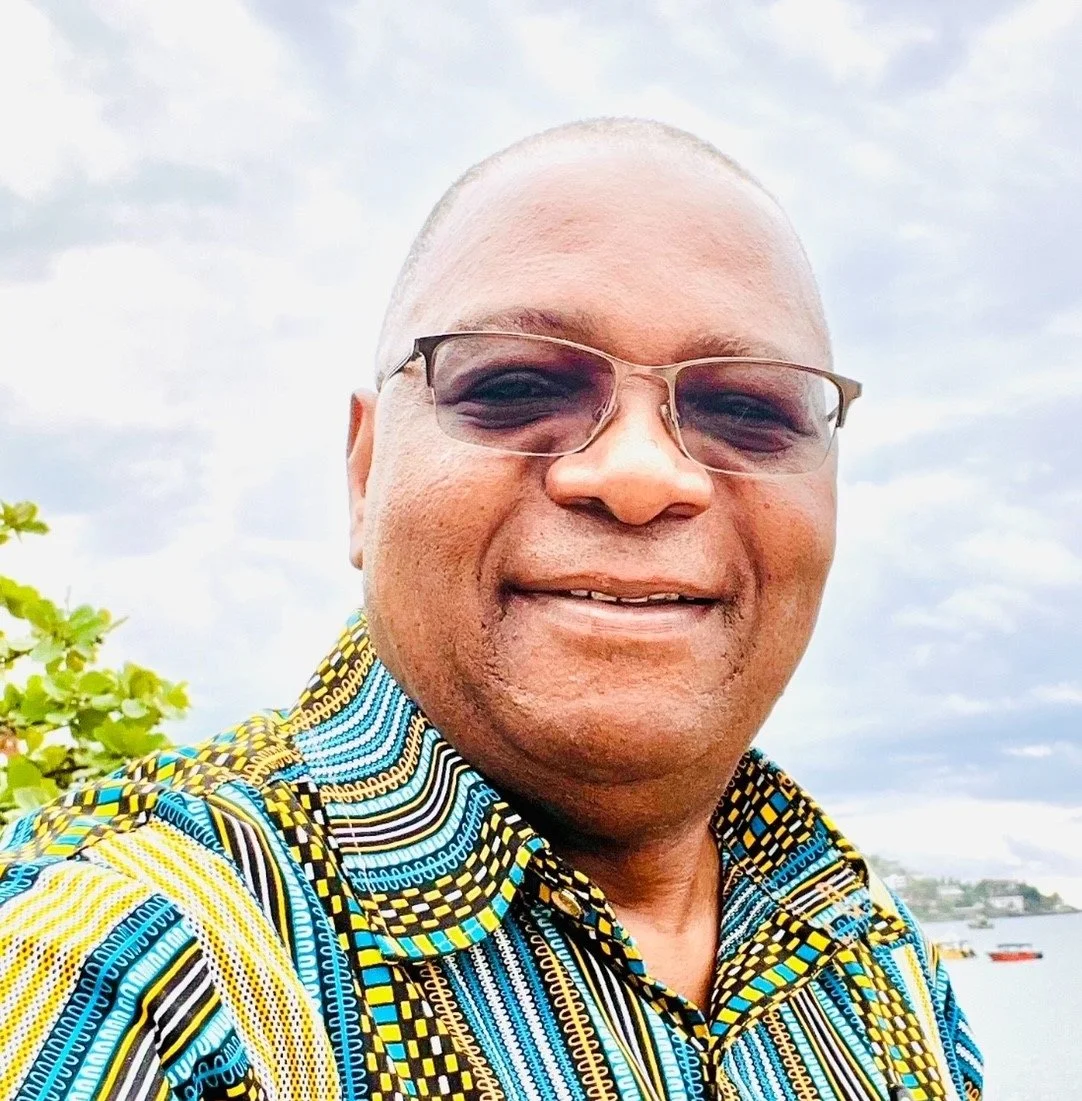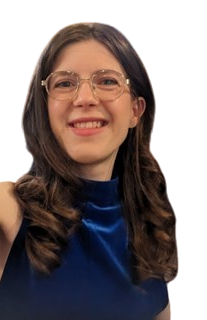the team
prof. patricia kingori
University of Oxford, United Kingdom
Patricia Kingori is a sociologist and Professor of Global Health Ethics at the Ethox Centre, University of Oxford. Patricia is the Lead Investigator of the After the End project. Patricia’s work sits at the intersection of sociology, ethics and Science and Technology Studies. Patricia has acted as an advisor on the ethical conduct of research and intervention in the UK and in a range of African and South-east Asian countries on the ethical treatment of frontline staff to numerous organisations including the WHO, Save the Children, the Medical Research Council, Médecins Sans Frontières/Doctors Without Borders and the Nuffield Council of Bioethics. Patricia has acted as the Keynote Speaker at multiple conferences, and as a panel member for funding bodies including the Wellcome Trust. Patricia is widely published and has acted as a guest editor for numerous special issues for journals including the Sociology of Health & Illness, Social Science & Medicine, Global Public Health, Journal of African Cultural Studies and Science & Technology Studies.
prof. laura salisbury
University of exeter, United Kingdom
Laura Salisbury is Professor of Modern Literature and Medical Humanities at the University of Exeter. She works in the Department of English and Creative writing and in the Centre for the Cultures and Environments of Health. Laura has published widely on modern and contemporary literature, including the monograph Samuel Beckett: Laughing Matters, Comic Timing (Edinburgh University Press, 2012), which includes thinking on Beckett’s impossible endings. She has also worked extensively on the relationship between neurology and modernist conceptions of language and co-edited Neurology and Modernity: A Cultural History of Nervous Systems (Palgrave, 2010). With Lisa Baraitser, Laura was the co-Principal Investigator on the Wellcome-funded project Waiting Times on the relationship between time and care. Drawing together her research on this project, Laura is currently finishing a monograph on states of waiting in British post-war culture and co-writing a book called Waiting Times: Caring On in the Meanwhile.
dr. haja wurie
University of sierra leone, sierra leone
Dr. Wurie brings to the table a wealth of experience and expertise acquired through her background as a former Senior Lecturer and researcher at the College of Medicine and Allied Health Sciences, University of Sierra Leone. Combined with her academic background, Dr. Wurie has a profound understanding of Sierra Leone's educational environment and a dedication to catalyzing positive transformation within its education sector.
Dr. Wurie’s primary objective is to leverage evidence-based policies and initiatives to align Sierra Leone’s education system with the specific needs of the nation. With over a decade of experience in conducting health systems strengthening research, she has led numerous projects aimed at generating evidence to inform government policy and donor strategies. These efforts have successfully addressed critical gaps in evidence and research capacity building, contributing significantly to both the global health agenda and Sierra Leone's national efforts for health systems strengthening. Furthermore, Dr. Wurie is dedicated to advancing sustainable institutional research capacity. Through advocacy for multidisciplinary research, she aims to reshape the research landscape and bolster national development efforts in Sierra Leone.
Throughout her career, Dr. Wurie has made substantial contributions to research, policy, and leadership, gaining recognition on a global scale for her efforts. Notably, her research has been published in prestigious journals such as The Lancet. Additionally, her selection as a Kofi Annan Global Health Leadership Fellow underscores her commitment to exemplary leadership and mentorship in developmental fields.
prof. emily chan
chinese university of hong kong, china
Professor Chan Ying-Yang, Emily is a clinical doctor and an expert in public health and humanitarian medicine, with more than a decade of experience in global humanitarian health intervention research and frontline operation. She has been the Chief Executive Officer of GX Foundation since 2019, while concurrently serving as Assistant Dean (External Affairs), Professor, and supervisor of PhD students and post-doctoral fellows at Faculty of Medicine, The Chinese University of Hong Kong(CUHK), and Directors of Collaborating Centre for Oxford University and CUHK for Disaster and Medical Humanitarian Response (CCOUC), CUHK Centre for Global Health (CGH), and International Centre of Excellence in Public Health and Community Resilience (ICoE-CCOUC) of International Science Council’s Integrated Research on Disaster Risk (IRDR) programme. She is also Visiting Professor (Public Health Medicine) at Oxford University Nuffield Department of Medicine, Fellow at FXB Center of Harvard University, Global Co-chairperson of the World Health Organization Thematic Platform for Health Emergency & Disaster Risk Management (Health-EDRM) Research Network, and a member of United Nations Office for Disaster Risk Reduction (UNDRR) Asia-Pacific Science Technology and Academia Advisory Group (APSTAAG).
Professor Chan has published 14 textbooks and more than 400 international peer-reviewed scientific articles. Her disaster health-related academic papers have been adopted as policy reference materials by the World Health Organization and the National Health Commission of the PRC’s Office of Health Emergency Response.
Professor Chan has rich frontline experience, participating in frontline emergency response in more than 20 countries and recognized as National Geographic Chinese Explorer in 2016.
prof. dora vargha
university of exeter, united kingdom
Dora Vargha is Professor of History and Medical Humanities, based jointly at the University of Exeter in the UK and Humboldt University in Berlin, Germany. Through the history of medicine and biomedical sciences, her research challenges established spatial and temporal approaches to ask how we can constitute a global history of science that attends to lived experience as well as epistemological frameworks. In her work on epidemic temporalities, she takes ‘after the end’ as a starting point to reassess analytical boundaries in epidemiology, virology, therapeutics and health governance. Currently she is leading two, interconnected research projects exploring alternative approaches to the history of global health. Socialist Medicine: An Alternative Global Health History, funded by an ERC Starting Grant investigates the role of the socialist world in global health structures and networks, while the collaborative project funded by the Wellcome Trust, Connecting Three Worlds, together with Sarah Marks (Birkbeck) and Edna Suarez-Diaz (UNAM) explores socialist networks in public health, technical assistance programs and mental health in the post-WWII era. Her work has been recognised with several international awards, including the 2020 Medical Humanities Award for Best International Research by the AHRC and Wellcome Trust, the 2019 Book Prize of the European Association for the History of Medicine and Health, the J. Worth Estes Prize by the American Association for the History of Medicine in 2016, and the Young Scholar Book Prize by the International Committee for the History of Technology in 2014.
prof. sharifah sekalala
university of warwick, united kingdom
Sharifah is a Professor of Global Health Law at the University of Warwick and a Fellow of the Academy of Social Sciences. (FaSS) She is an interdisciplinary researcher whose work is at the intersection of international law, public policy and global health. Professor Sekalala is particularly focused on the role of human rights frameworks in addressing global health inequalities. Her research has focused on health crises in Sub-Saharan Africa, international financing institutions and the rise of non-communicable diseases and she has published in leading legal, international relations and public health journals.
Professor Sekalala is currently the PI on a Wellcome-Trust-funded project on digital health apps in Sub-Saharan Africa. Professor Sekalala is an Associate Fellow of Chatham House’s Global Health Programme and she has consulted on human rights and health in many developing countries and worked for international organisations such as UNAIDS, the WHO and the International Labour Organisation (ILO).
Sharifah won the Best Article Prize for the Feminist Legal Journal in 2023. Her research has also been funded by the Wellcome Trust, GCRF, ESRC, Open Society Foundation and international organisations including the International Labour Organisation and the WHO. Sharifah also sits on the Strategic Advisory Network of the ESRC.
prof. debora dINIZ
Anis Instituto de Bioética, Brazil
Debora Diniz is a Brazilian anthropologist, who teaches research and visual methods at the University of Brasilia. Her work is concentrated on the aftermath of health emergencies (zika and covid-19) on women, and on the impact of criminalization of abortion in Brazil. She is the co-coordinator of the Brazilian research team.
prof. luciana brito
Anis Instituto de Bioética, Brazil
Luciana Brito is a Brazilian psychologist and bioethicist, who coordinates Anis: Institute of Bioethics, an organization dedicated to research, strategic litigation and policy review. Her work is concentrated on the aftermath of health emergencies (zika and covid-19). She is the co-coordinator of the Brazilian research team.
PROF. ruth ogden
Liverpool John Moores University, United Kingdom
Ruth Ogden is Professor of the Psychology of Time at Liverpool John Moores University UK. Her research explores how people experience the passage of time during daily life. Ruth’s work seeks to understand the psychological, social, cultural and biological factors which underpin our experience of time at an individual and societal level. She is interested in why time often feels like it is distorting, passing more quickly or slowly than normal and how experiences of time, for example, time pressure, time poverty and time abundance impact wellbeing and quality of life.
Ruth’s current research is funded by CHANSE, ESRC, British Academy and the Wellcome Trust.
Ruth leads Time Experience in Europe’s Digital Age (TIMED). This CHANSE-ESRC funded project explores how the proliferation of digital technology is affecting the experience, use and availability of time in Europe.
She is also a member of The Times of a Just Transition British Academy Global Convening Program which seeks to understand the role of time and timing in producing justice and injustice in sustainability transitions.
Ruth is partnered with the European Space Agency and the Argentinian Antarctic Institute to explore how extreme isolation and confinement affect experiences of the passage of time.
On After the End, Ruth is leading a work package to explore how experiences of time during and after global health emergencies may influence wellbeing and societal cohesion, and ultimately shape the perceived temporal legitimacy of global health interventions.
Across these projects, Ruth seeks to understand how temporal structures and frames may increase justice or injustice. She is particularly interested in “who” has time, how time can be “well spent”, who “owns” time, and who determines temporal autonomy for individuals and societies.
PROF. osman sankoh
University of management and technology, sierra leone
Professor Osman Sankoh, a distinguished Sierra Leonean researcher and university administrator, serves as the Executive Director of the Centre for Health Research and Training (CHaRT-SL) and Deputy Vice-Chancellor (Administration) at the University of Management and Technology (UNIMTECH) in Freetown. He is also an adjunct professor at Njala University and holds honorary positions at Wits University, South Africa, and Heidelberg University, Germany.
As a co-Principal Investigator for the “After the End” project in Sierra Leone, Professor Sankoh applies his vast experience to studying the aftermath of health crises.
Renowned for his expertise in Biostatistics, Epidemiology, and Public Health, he has authored over 120 articles in leading journals such as The Lancet and International Journal of Epidemiology.
From 2007 to 2018, Professor Sankoh was the Executive Director of the INDEPTH Network, overseeing health and demographic surveillance systems across 20 countries in Africa, Asia, and the Pacific. During his tenure, the network secured funding from major organisations, including the Wellcome Trust, Sida, Hewlett Foundation, Rockefeller Foundation, US NIH, CIDA, and Gates Foundation. His roles as Statistician General of Sierra Leone and Acting Vice-Chancellor of Njala University underscore his administrative expertise and academic dedication.
His academic foundation includes a D.Sc. in Statistics from the Technical University of Dortmund, Germany, and a B.Sc. Ed. in Mathematics from the University of Sierra Leone.
In April 2022, he was honoured with the national award of ‘Commander of the Order of the Rokel’ by the President of Sierra Leone for his significant contributions to education and health research, exemplifying his unwavering commitment to global public health.
Dr anna powell
Liverpool John Moores University, United Kingdom
Dr Anna Powell is a Research Fellow in the School of Psychology at Liverpool John Moores University (LJMU). Her current work focuses on health inequality, public health responses, and decision-making around preventative healthcare. Anna also studies how cognitive function is affected by alcohol use.
Anna is actively involved in two major research projects that aim to address the complex challenges faced by marginalised communities. This includes the current project, After the End, in which Anna explores how the experience and perception of time relate to personal and societal impacts that persist after major crises, and also how these factors may impact preventative healthcare decisions.
Another project, funded by The Pandemic Institute, addresses Influenza vaccine hesitancy in ethnically diverse and marginalised groups in the UK. This aims to explore and respond to the experiences of influenza vaccines within marginalised groups, to develop more inclusive and responsive public health strategies.
Anna completed her PhD at LJMU in 2023, in which she investigated how different patterns of alcohol consumption affect cognitive functioning. Her findings revealed that even non-dependent hazardous drinkers show signs of impairment, while individuals recovering from alcohol dependence may experience lingering deficits such as mental fatigue. These insights contribute to growing evidence that harmful drinking behaviours impact brain function well before clinical dependence occurs, and that recovery, while possible, may not follow a uniform trajectory.
Anna co-founded AlcoLab, a research group at LJMU that brings together scholars interested in alcohol use. Through this group, she helps to foster collaboration on grant writing, data analysis, and methodological development, particularly in alcohol-related studies. Her broader academic contributions also include teaching, public engagement, and involvement in the development of tools to assess cognitive recovery and behavioural change.
